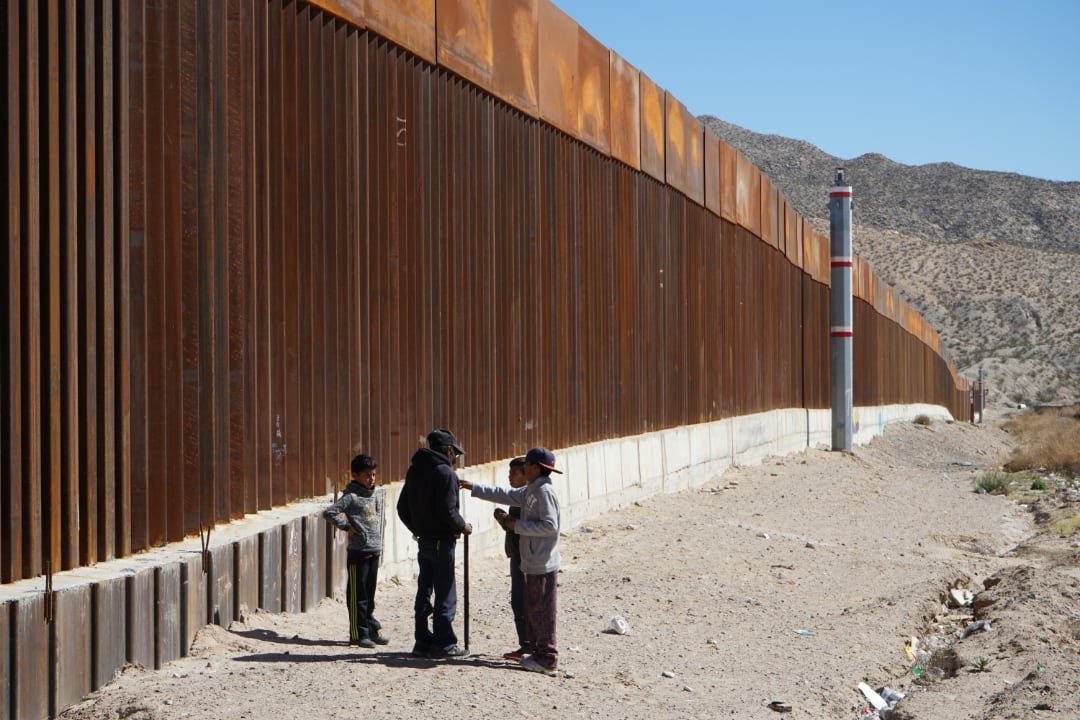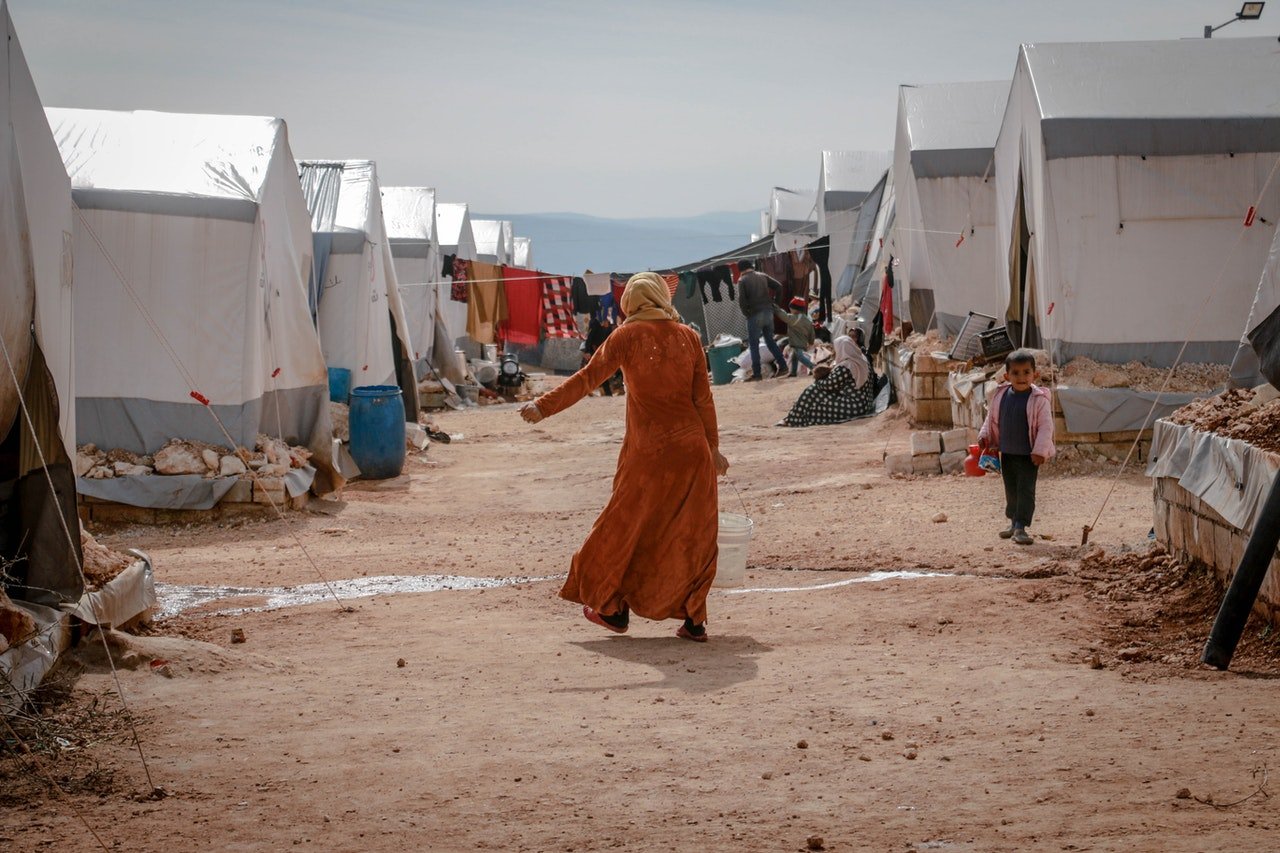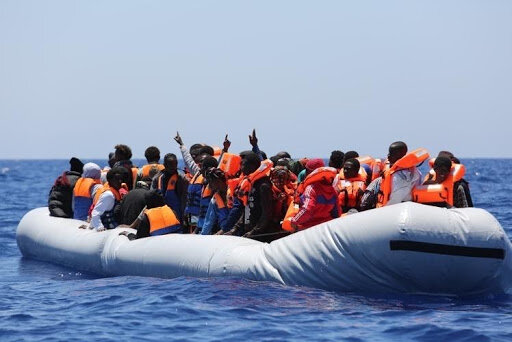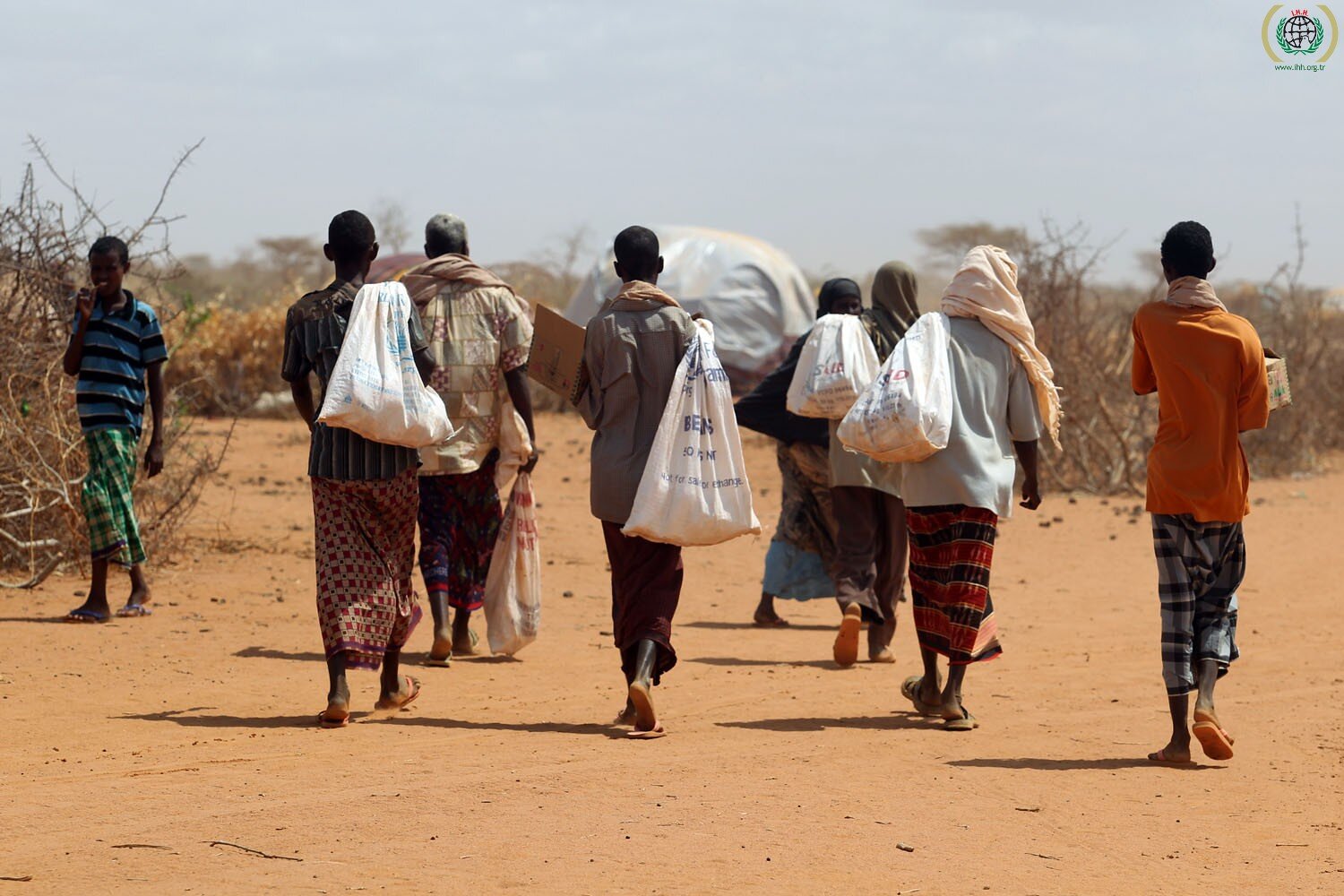Browse Our Collection of Briefs
Sort by Location
Search by Author Name or Keyword
Barriers to Higher Education DACA Recipients Face in the United States
While it is relatively safe for undocumented students to be more visible within higher education, many still choose to be invisible on campus, leaving them to navigate their education in silence due to the wariness of sharing their immigration status.
Inadequate Immigration System for Asylum Seekers at the US-Mexico Border
As more asylum seekers come to the border, the inadequate immigration system increases as current immigration legislation does not change to protect the increased rates of immigration.
Barriers to Career Advancement Among Skilled Immigrants in the US
Over 2 million highly-skilled immigrants in the US experience underemployment and unemployment.
Violence Against Refugee Women in the MENA Region
Refugee women experience violence during all stages of their migrant journey from a variety of perpetrators including intimate partners, fellow refugees, smugglers, border police, security forces, and refugee camp staff.
Inadequate Resettlement of Refugees in the Southern European Union
Over one million refugees have flooded into Europe since 2015, creating the need for their resettlement.
Discrimination against Muslims in the United States
It is important for Americans to understand that most Muslims do not approve of extremist groups that commit atrocious acts in the name of Islam.
Migrant Smuggling Across the Mediterranean Sea
As of September 21, 2020, 50,170 people have arrived in Europe via the Mediterranean.
Decreased Allowance of Refugees in the United States
Refugee camps and detention centers are becoming increasingly overcrowded, and refugees are waiting over 3 months to see if they are granted asylum.
Protracted Refugee Situations in Kenyan Refugee Camps
Refugees in Kenya are expected to spend 27 years in exile, with no permanent status or homeland.
Mental Illness Among Adolescent Refugees in the United States
In the United States, adolescent refugees face higher rates of mental illness in comparison to non-refugee adolescents.
Mental Illness Among Refugees in the Middle East
Refugees are particularly susceptible to mental illness because of the situations they are forced to flee and the uncertainty they face in new countries.











